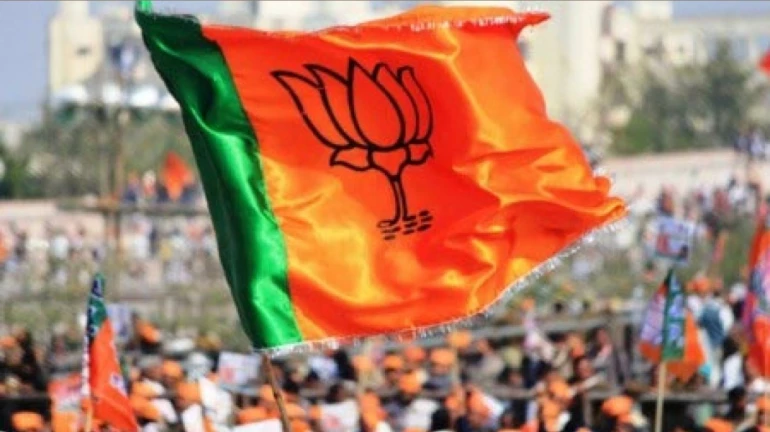
In the wake of the Bharatiya Janata Party's (BJP) disappointing performance in the recent Lok Sabha elections in Maharashtra, its ideological ally, the Rashtriya Swayamsevak Sangh (RSS), has intensified efforts to boost the party's chances in the upcoming state assembly elections. The RSS, headquartered in Vidarbha, has mobilized its grassroots cadre across all assembly constituencies, with a special focus on its stronghold regions.
Strengthening Coordination Between BJP and RSS
Last month, BJP and RSS leaders met in Delhi to discuss a strategy for the assembly elections. Following the meeting, the RSS appointed its joint general secretary, Atul Limaye, to strengthen coordination between the two organizations. This was quickly followed by a series of division-level meetings between BJP and RSS leaders in key regions like Western Maharashtra, Marathwada, and North Maharashtra. Similar meetings in other areas of the state are expected in the coming weeks, marking the RSS’s renewed involvement in the election campaign.
Aggressive Stance to Boost BJP's Chances
In the latest meeting between RSS and BJP leaders in Marathwada and North Maharashtra, the RSS took a notably more aggressive stance compared to previous elections. A senior BJP minister, who spoke on condition of anonymity, suggested that the Sangh’s limited involvement during the Lok Sabha elections had contributed to the BJP’s weak results. Since then, the BJP has made internal changes, bringing more loyalists into key roles. This move seems to have motivated the RSS to re-engage, with the aim of galvanizing voters on the basis of Hindutva and nationalism.
Stronghold Regions
The RSS’s efforts are set to focus heavily on Vidarbha, where the organization has a deep-rooted network and its headquarters. Senior BJP leaders have confirmed that Union Minister Nitin Gadkari has been assigned a leading role in the assembly election campaign. He will work closely with other veteran leaders to ensure the party’s message resonates with voters. This strategic move is expected to restore confidence among both RSS veterans and BJP party workers, some of whom felt neglected in recent years.
Indirect Involvement in Political Activities
Though the RSS does not directly engage in political campaigning, it has always played a role in shaping voter sentiment around nationalist themes. The RSS is expected to campaign on issues of development, Hindutva, and nationalism, without explicitly asking voters to support the BJP. This approach, while indirect, is intended to cultivate a favorable environment for the party. It is widely believed that the RSS’s absence during the Lok Sabha elections had a detrimental effect on the BJP’s results.
BJP Strengthens Election Strategy
In response to the Lok Sabha setback, the BJP has made strategic adjustments, appointing Raosaheb Danve as its chief election coordinator. Additionally, various committees have been formed, featuring prominent leaders such as Nitin Gadkari, Pankaja Munde, Sudhir Mungantiwar, and Chandrakant Patil. This approach is designed to appeal to voters from diverse communities and project a united leadership team, rather than depending on a single figurehead. These changes are viewed as a course correction by the central leadership, particularly in light of the BJP's poor showing in Marathwada.
Senior Leaders to Lead Campaign Efforts
One of the most significant steps taken by the BJP is the appointment of Nitin Gadkari to lead its election campaign. Maharashtra BJP chief Chandrashekar Bawankule confirmed that Gadkari, who had campaigned for 15 days during the Lok Sabha elections, will now be actively involved for a month during the assembly polls. He will work alongside 21 senior leaders, including Raosaheb Danve and Pankaja Munde, to ensure the party’s grassroots organization, particularly at the booth level, is strengthened. This renewed focus on grassroots mobilization is seen as crucial to overcoming the challenges posed by the Lok Sabha election results.





